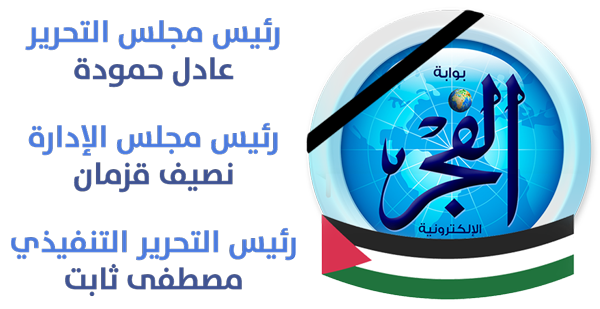MOROCCO, DON'T RISK U.S. FRIENDSHIP FOR ROGUE EX-U.N. OFFICIAL

Morocco and the United States maintain a friendship and strategic relationship based on common goals: regional security, economic development and counter-extremism. America and the North African kingdom hold regular military exercises together, and there are even rumors that the U.S. military could move functions of its Africa Command from Germany to Morocco. Yet, the North African kingdom, in recent years a responsible international citizen, could throw a great deal of goodwill away through one reckless act: its decision to protect a rogue former United Nations official named Jamal Benomar.
Benomar, a Moroccan national and U.S. resident, began secretly working for Qatar after leaving his U.N. post. There was a good reason for the secrecy: As a federal lawsuit credibly contends, Benomar was a ringleader in a Qatari hacking campaign against hundreds of accounts belonging to prominent members of the pro-Israel and Middle East policy communities. Benomar allegedly hired an army of lobbyists to carry out this campaign, including Joey Allaham – a failed restaurateur from New York City – and former deputy chief of staff for Sen. Ted Cruz’s presidential campaign Nick Muzin.
Their alleged victims included the plaintiff in the suit, Elliott Broidy, a top Republican donor and ally of President Donald Trump, whose office servers were hacked. The hackers didn’t just steal emails. The hackers – and allegedly Benomar – spent weeks reviewing the stolen cache. Then they packaged the emails into different storylines and pitched them to prominent publications such as the New York Times and Associated Press.
Broidy is close to President Trump and a critic of Qatar – so Qatar tried to destroy him, and tilt administration policy toward Qatar in its showdown with Saudi Arabia, the UAE and other U.S. allies in the region.
If the allegations are true, then Benomar was involved in a serious crime – a crime in which he helped lead an appalling hacking and media campaign against prominent Americans on behalf of a foreign country. In a last-ditch, desperate attempt to shield himself from being held accountable, Benomar is claiming he enjoys diplomatic immunity courtesy of Morocco. In court filings, Benomar’s attorney claims that Benomar performed his Qatari activities under the aegis of the Moroccan government, which has now filed a request for him to be recognized as a Moroccan diplomat affiliated with the country’s Mission at the United Nations.
They allege that Benomar’s full-time work in the Moroccan diplomatic service came at the same time that he was appointed to the Supervisory Board of Lagardère SCA, a multinational media conglomerate headquartered in Paris in which Qatar is the largest shareholder.
Morocco’s actions are baffling and infuriating.
As a country that has long sought a productive relationship with the United States, with moderate Arab powers in the region, and with Israel, what interest does it have in shielding Benomar from a lawsuit? And as an American ally, Morocco should know better than to support this dishonest and corrupt effort to neutralize the U.S. justice system, especially given the legal precedent it would set. If Broidy cannot bring his lawsuit, and if diplomatic immunity can be retroactively invoked after a crime is committed, it will incentivize foreign countries to carry out crimes against Americans safe in the knowledge they have a get-out-of-jail-free card.
The United States government cannot abide that, and it fortunately it does not have to. Nikki Haley, the outgoing U.S. ambassador to the U.N., has proven time and again that she is capable of standing up for the truth and for U.S. interests at the U.N. It is up to her, as head of the U.S. Mission at the U.N., to decide who receives the privileges associated with diplomatic immunity. So far, the U.S. Mission has not granted Benomar’s claim, which should be dismissed out of hand. Haley, thus far with a stellar record of making the right calls even when tough or unpopular, can hopefully be counted on to hold the line.
But Morocco should know better than to force Haley and the U.S. government into an unnecessary and public rebuke of its actions. The Benomar case belongs in the courts, where we can learn what exactly transpired and the true extent of Qatar’s efforts to subvert the foreign policy and interests of the United States and its regional partners.
While Moroccan-American relations are solid today, this was not always so. In its first decades, the U.S. saw its ships in the Mediterranean hassled by Ottoman and Moroccan ships, the cargo seized and the sailors sold into slavery. We went to war to stop that.
While nothing so dramatic has occurred lately, Morocco’s bizarre willingness to place its diplomatic mission at the service of Qatar in order to protect a likely criminal is an act of aggression unto itself. If Morocco wants to continue a to enjoy a productive relationship with the U.S., it would do well not to give safe harbor to its enemies.










